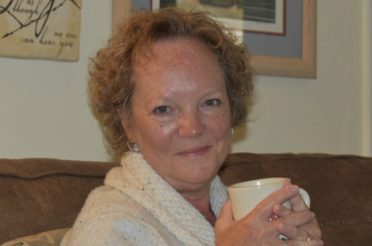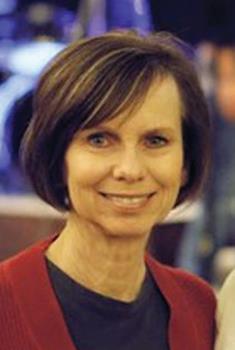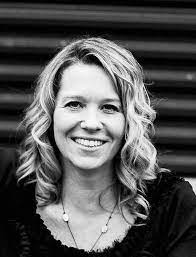By Roger Barbee
On most mornings I ride my stationary handcycle for thirty minutes. The bike is placed in a corner of our driveway and close to our residential road. The scene of the neighborhood is great, and I can see all the houses that friends have turned into homes. The view of golden poplars, unmurdered crepe myrtles, and maple trees full in their multiple shades of red is one that I have learned to expect and appreciate. All of this as a precursor of the looming cold front blew softly through the tall pines, telling of the change to come. Yet, for me, this lovely scene is not the most interesting or important part of my morning rides.
In 1883 Life on the Mississippi was published and available by subscription. The book is part fiction but mostly memoir by Mark Twain. It is, to a degree, a biography of that great river and the people who live on it or near it. I have come to see our little road as a river. Not one like the mighty Mississippi, but a river that each morning offers new experiences and exposures: To people moving up and down our little road much like the steamboats of Mark Twain. And like a person on the Mississippi River in the mid-19th century, I have come to enjoy the approach of each steamboat, but in my case it is not a large paddle-wheeler, but a cyclist, walker, jogger, or neighbor driving to work or on an early morning errand. The drivers pass swiftly with a mere wave or horn honk from their shell. The cyclist pass as well, but some can be heard as they shout “Morning!” But it’s the walkers or joggers who offer the most because they move slower and are more prone to be enticed to slow or even stop for a chat. Over the years of riding near the road, I have enjoyed these opportunities to talk with travelers on our residential road. Some of them are well-known neighbors who often stop to share news of their lives; some are vacationers who talk of their pleasant visit to Lake Norman; and some are the regulars who I often see and who sometimes stop and visit for a while. No matter: Each is an opportunity to connect with another human being; Each is an opportunity to hear of events in a life separate from mine; Each is an opportunity to learn; Each is an opportunity.
I am reading Revelations on the River (Healing a Nation, Healing Ourselves) by Matthew Dowd. In his chapter titled Fears and Trauma he writes, “The greatest impediment to true, full love-…are our fears and trauma that we have accumulated throughout our life. It is these fears and trauma, whether profoundly real or perceived, that create scars and, as a consequence, walls within us that can prevent our hearts, minds, and souls from unifying in such a way that allows us to go outward from a place of love.”
Now, I do not profess to being a great healer or writer or Matthew Dowd. Yet, I do think that by merely acknowledging a person passing along on our little road, I make a type of connection and by that validate their humanity. Besides, I enjoy getting to know them, the name of their dog, their family plans for Thanksgiving, all of it matters and if we all do enough of “hailing the steamboat” to come ashore then we just may remove some of the walls that divide us.







